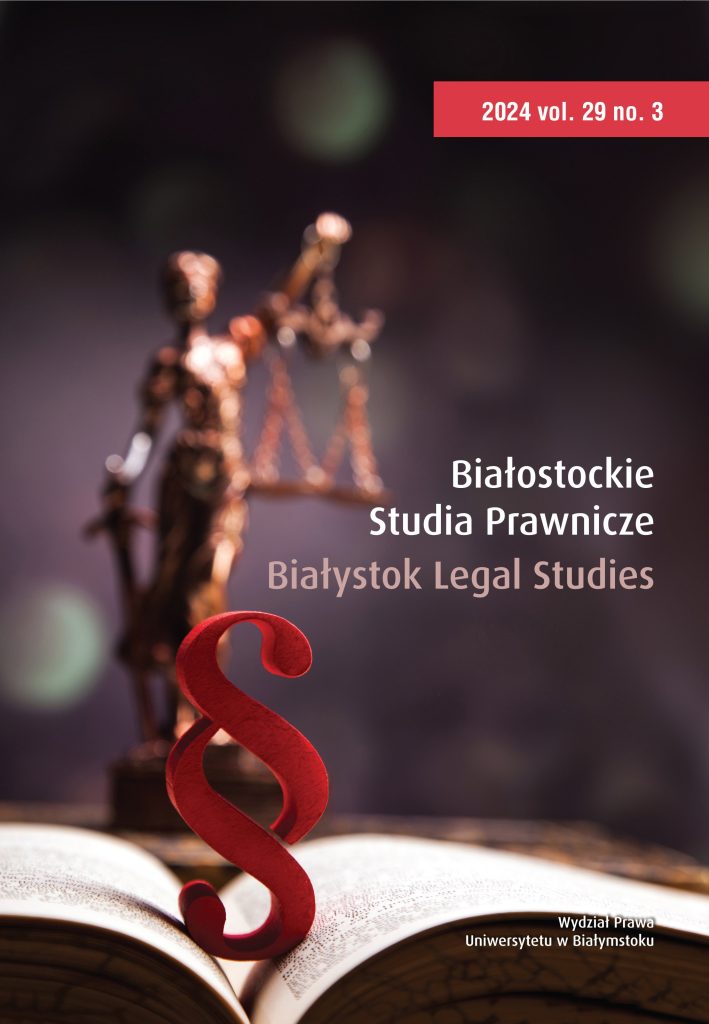Split Genders: Medical versus Legal Understanding of Gender Identity (De Lege Lata and De Lege Ferenda)
Słowa kluczowe:
ascribed gender, experienced gender, gender identity, legal genderAbstrakt
For centuries, the law accepted the legal gender of an individual that was indicated at birth by the appearance of their genitalia and stated on their birth certificate. Nowadays, however, we have plenty of scientific, medical and psychological evidence (and thus reasons) to revise the adopted way of thinking about legal gender to associate it more with gender identity. Most people do not perceive a potential conflict between genital sex and gender identity, because their genital sex is consistent with their gender identity. Trans- and intersex comunnity needs recognition of their gender identity independent of their genital sex as a condition for a life of self-determination, personal freedom, respect and dignity; these are, aft er all, values that are extremely important for the law. The purpose of this analysis is to determine whether the concept of gender identity is perceived generally in the Polish language and the Polish legal system in a way that takes into account current medical knowledge and the legitimate needs of the individual. If not, then what de lege ferenda recommendations can be made to change this situation?Pobrania
Opublikowane
2024-10-01
Numer
Dział
Articles



